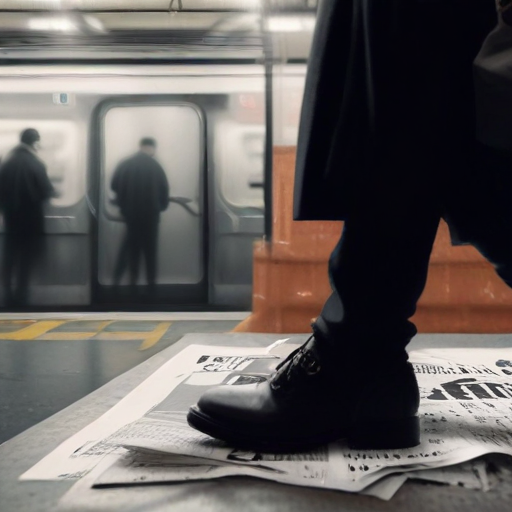Daniel Penny has been acquitted of criminally negligent homicide in the death of Jordan Neely, a ruling made by the jury on Monday after extensive deliberations lasting over 24 hours across five days.
During the trial, the jury had initially struggled to reach a unanimous decision on a more severe manslaughter charge but ultimately pivoted to focus on the lesser charge of criminally negligent homicide, following the dismissal of the manslaughter charge at the prosecutors’ request. The judge explained that the jury’s task shifted to determining whether Penny’s actions constituted a form of criminal negligence that led to Neely’s death.
The incident occurred on a New York City subway last year when Penny, a former Marine, placed Neely, who was homeless and had a history as a Michael Jackson impersonator, in a chokehold during a chaotic situation on the train. Prosecutors claimed that Penny held the chokehold for an excessive duration—six minutes, with impacts reportedly lasting an additional 51 seconds after Neely became unresponsive. They argued that Penny displayed a reckless disregard for Neely’s life.
In contrast, Penny’s defense contended that his actions were a response to a display of violent behavior from Neely, asserting that Penny acted out of a fear for the safety of other subway passengers. The defense emphasized that he did not intend to harm Neely, and also raised questions regarding Neely’s potential underlying health issues and substance use that might have contributed to his death.
Judge Maxwell Wiley dismissed a defense request for a mistrial after rejecting claims that the dismissal of the manslaughter charge could unduly influence jury deliberations. As the jury reached its conclusion, outside the courthouse, both supporters and opponents of Penny gathered, illustrating the intense public sentiment surrounding the case.
This verdict reflects the complexities involved in cases where perceived threats intersect with individuals’ decisions under pressure. It serves as a crucial reminder of the implications of public safety responses and the challenges of navigating such incidents with humanity and caution, especially in a city nuanced by both security concerns and advocacy for vulnerable communities.
In a hopeful perspective, this case can potentially inspire dialogues on mental health support and intervention strategies for individuals in crisis, as well as foster a broader understanding of how such incidents can be addressed in a manner that promotes safety and compassion for all involved.
